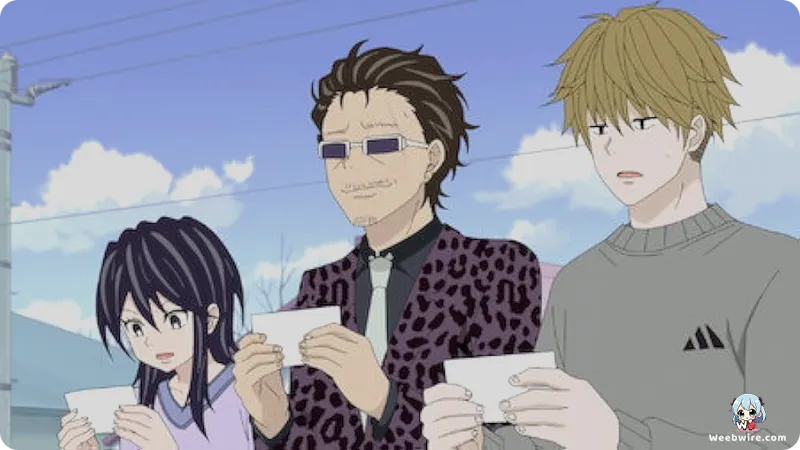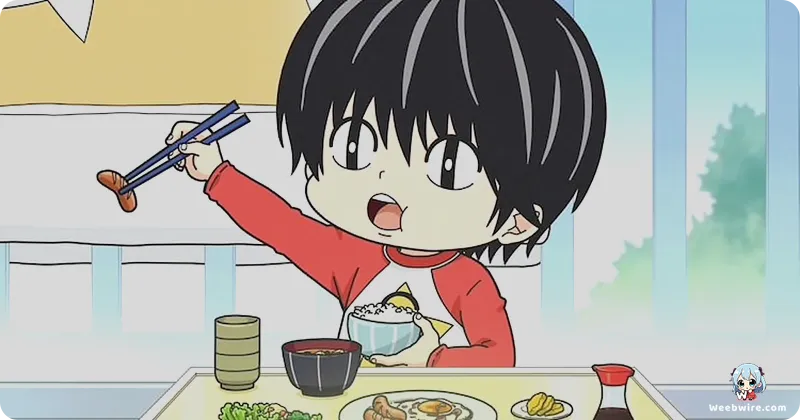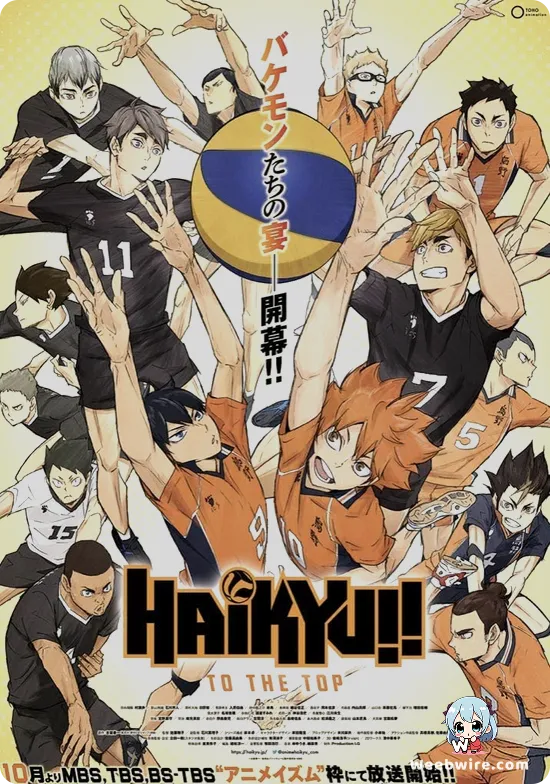Kotaro Lives Alone: Unpacking the Quiet Brilliance of a Beloved Anime Phenomenon

In the vast and ever-evolving landscape of anime, certain narratives emerge not with explosive fanfare, but with a profound, quiet power that redefines storytelling and imprints itself deeply on the viewer's psyche. Kotaro Lives Alone stands as a preeminent example of such a series a deceptively simple slice-of-life tale that courageously delves into complex themes of childhood trauma, resilience, and the profound beauty of chosen family.
While its initial premise, a four-year-old boy living independently, might seem merely quirky, the true genius of Kotaro Lives Alone lies in its masterful portrayal of Kotaro Sato, a pint-sized protagonist navigating the complexities of the adult world with a wisdom far beyond his tender years. This unique setup transcends mere comedic device, evolving into a poignant exploration of a child's extraordinary coping mechanisms in the face of profound neglect and abandonment.
Kotaro's Unwavering Self-Sufficiency
One of the most striking, and perhaps heartbreaking, facets of Kotaro's character is his unwavering self-sufficiency and remarkably mature demeanor. From meticulously managing his finances to scrupulously cleaning his apartment, Kotaro behaves less like a preschooler and more like a miniature adult. This isn't charming eccentricity; it's a deeply ingrained defense mechanism, forged in the crucible of hardship. Viewers quickly discern that Kotaro's precocious independence serves as a protective shield, safeguarding him from a world that has profoundly failed him.
His insistence on referring to himself as 'Samurai Lord' and his adherence to a personal code of conduct, often mirroring the fictional hero of his beloved TV show, 'Tonosaman,' offers a fascinating window into his inner world. This seemingly childish fascination is, in fact, a sophisticated method for processing intricate emotions and a blueprint for the moral compass he desperately strives to develop in the critical absence of proper parental guidance.
The Guiding Light of 'Tonosaman'
The 'Tonosaman' show itself functions as a recurring narrative linchpin, serving as Kotaro's primary wellspring of wisdom and ethical principles. He frequently quotes the show's noble hero, applying the samurai's ideals to his daily interactions, whether confronting suspicious neighbors or offering profound advice to the bewildered adults surrounding him. This constant cultural reference subtly underscores the immense impact media can exert on a developing mind, particularly one searching for structure and morality where none is otherwise provided. It's a compelling commentary on how children meticulously piece together their understanding of the world from fragmented external influences.
A Masterclass in Voice Acting
Another compelling highlight of the anime is the exceptional voice acting prowess of Rie Kugimiya, who embodies Kotaro. Kugimiya, celebrated for her iconic portrayals of fiery, often 'tsundere' female characters across countless popular anime, might initially appear to be an unconventional choice for a stoic, mature, yet deeply vulnerable four-year-old boy. However, her performance is nothing short of transcendent, perfectly capturing Kotaro's singular blend of childlike innocence and world-weary resolve. She imbues his dialogue with a quiet gravitas that amplifies his profound statements, while simultaneously allowing genuine moments of childishness to sparkle through, serving as a vital reminder of his true age. This masterclass in voice acting showcases the incredible range of a veteran artist and the meticulous thought invested in the casting process.

From Manga to Global Phenomenon
The original manga, Kotaro wa Hitori Gurashi by Mami Tsumura, serialized in Shogakukan's Big Comic Superior, is critically acclaimed for its seamless fusion of heartwarming comedy with stark social commentary. The anime adaptation, globally distributed by streaming giant Netflix, masterfully translates this delicate balance to the screen. The animation style, while not overtly flashy, proves remarkably effective in conveying mood and character emotions. The stark utilitarianism of Kotaro's apartment building starkly contrasts with the vibrant personalities of its diverse residents and the subtle glimmers of beauty Kotaro discovers in simple, everyday moments. This visual storytelling powerfully reinforces the series' core message: even amidst the bleakest circumstances, hope and genuine human connection can flourish.
Netflix's decision to invest in and globally distribute such a nuanced, character-driven narrative also speaks volumes about the evolving landscape of anime consumption. This strategic move allowed a story that might otherwise have remained a niche Japanese production to captivate millions worldwide, fostering a global appreciation for its unique blend of poignant humor and profound pathos. This widespread accessibility significantly contributed to its quiet yet pervasive acclaim among international audiences.
The series resonated deeply with viewers not just for its unique premise but for its profound exploration of universal themes like family, community, and the fundamental human need for belonging. Many viewers found themselves unexpectedly moved by Kotaro's arduous journey and the gradual formation of an unconventional, makeshift family among his quirky neighbors, most notably the struggling manga artist Shin Karino.
The Power of Connection
The anime's poignant ending theme, 'Hitori Janai Kara' (Because I'm Not Alone) by Tsumugi, beautifully encapsulates the series' core message. The lyrics eloquently reflect Kotaro's transformative journey from profound isolation to discovering a profound sense of belonging and unwavering support among his newfound friends. It serves as a subtle yet powerfully reinforcing element of the narrative's emotional arc, highlighting how the characters, initially disparate strangers, gradually come to rely on each other, forging an unconventional yet deeply meaningful support system.
Kotaro Lives Alone transcends mere heartwarming entertainment; it is a masterclass in empathetic storytelling, powerfully demonstrating that even the most challenging realities can be explored with both sensitivity and profound humor, leaving viewers with an enduring impression of hope and the indomitable power of human connection. Its distinctive approach to character development and thematic depth solidifies its status as a standout title that continues to captivate and profoundly surprise those fortunate enough to discover its quiet, undeniable brilliance.
Credits
Kotaro Lives Alone
Author
Mami Tsumura
Cover Art
Mami Tsumura
Studio
Netflix
Publisher
Shogakukan
Producers





